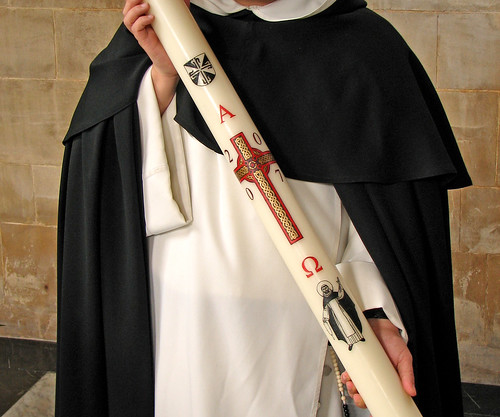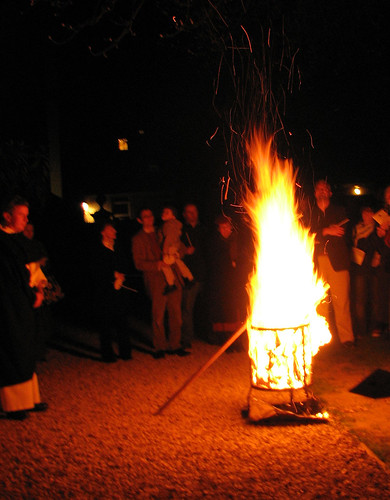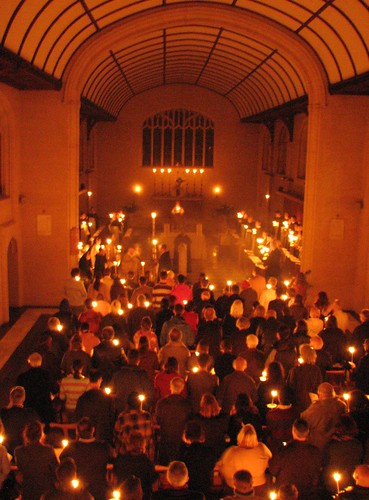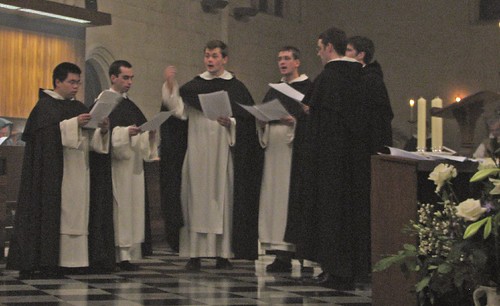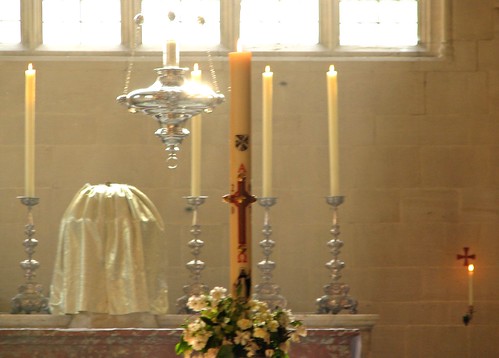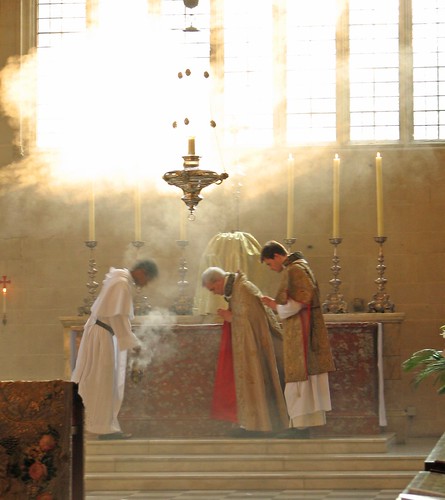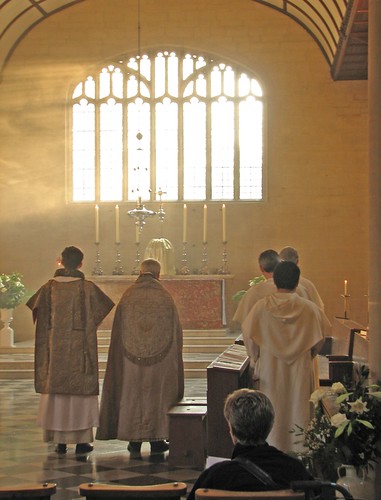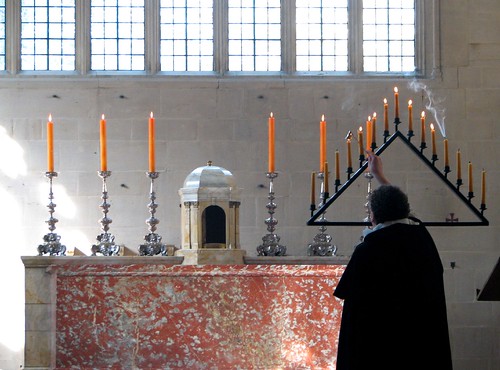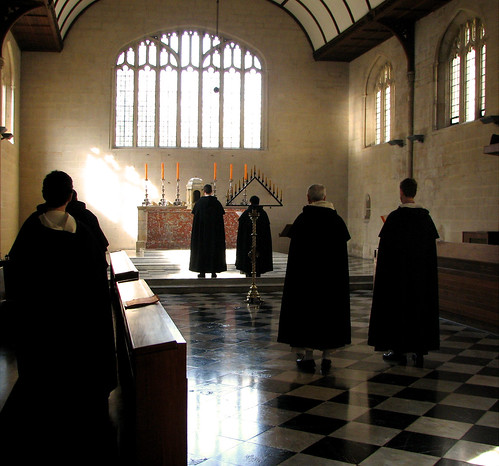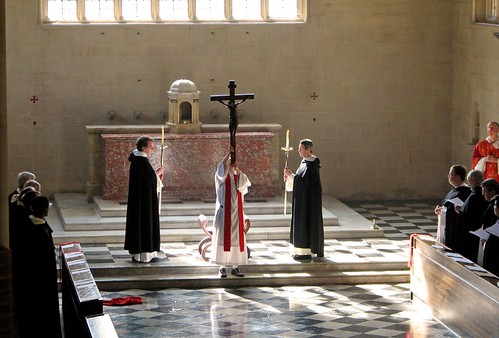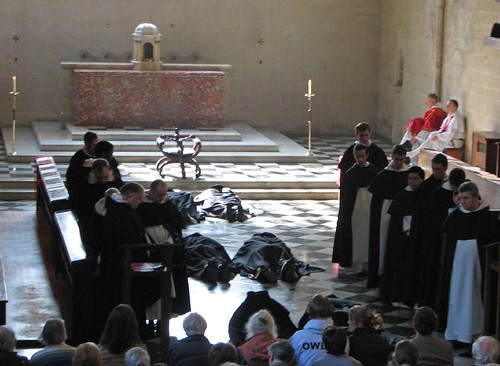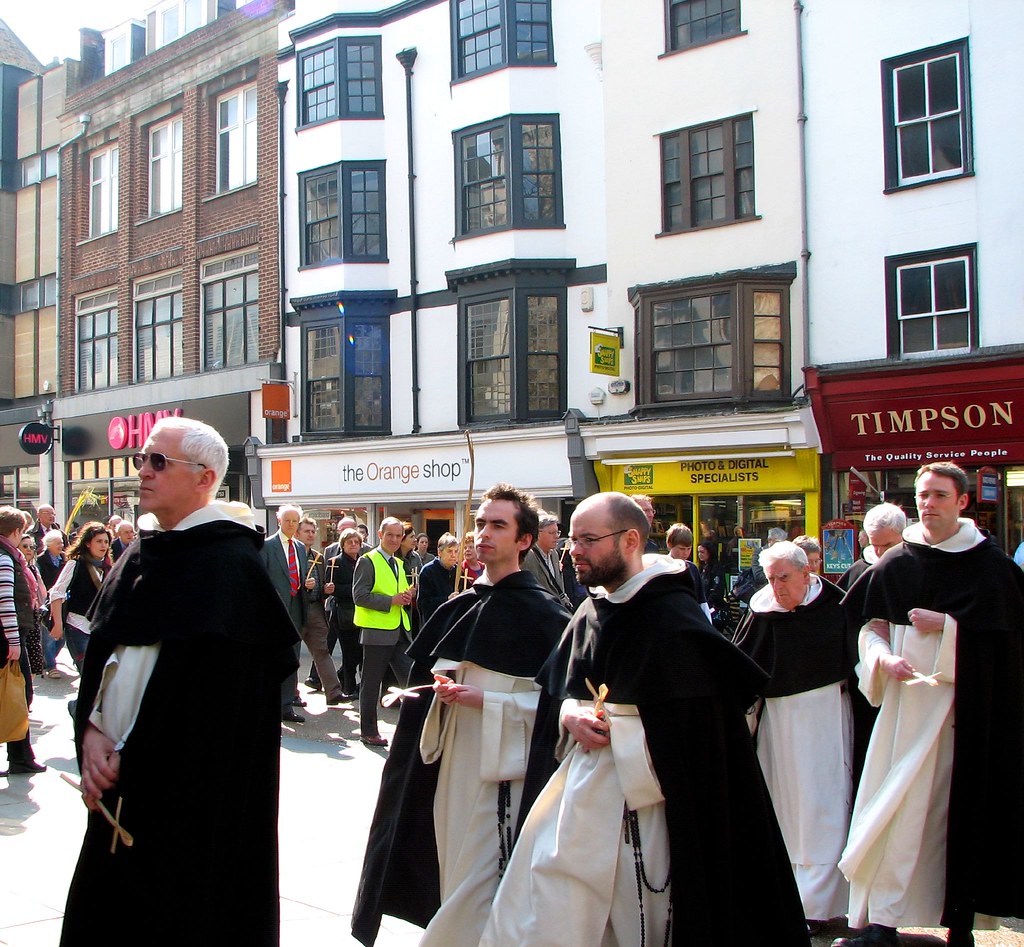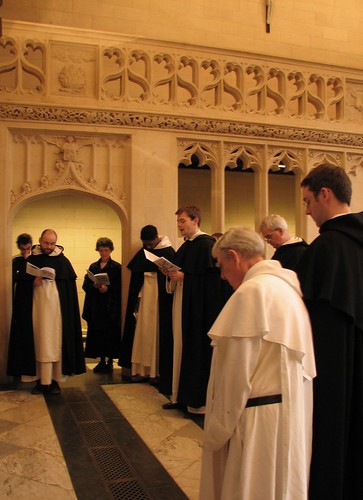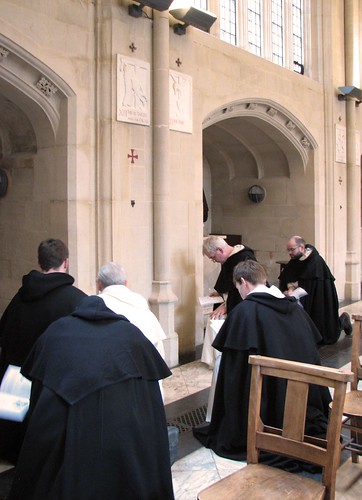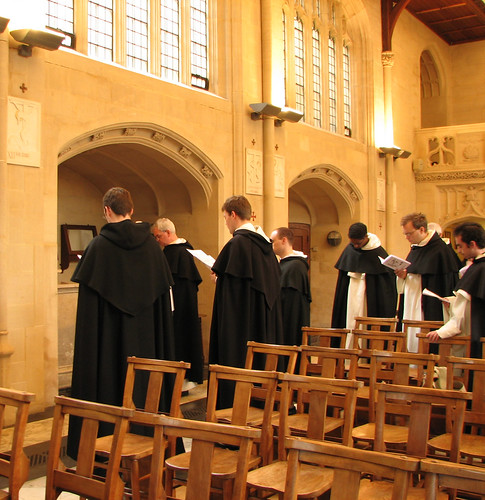Second Sunday of EasterReadings: Acts of the Apostles 5:12-16; Psalm 117(118):2-4,22-27; Revelation 1:9-13,17-19; John 20:19-31
This is one of the most enduring images from the first weeks of the invasion and occupation of Iraq. It was published at Easter 2003. In the same explosion this Iraqi boy lost not only his arms but also his parents. He is covered in grease to help heal his wounds. Two startling comments accompanied the publication of this picture. One was from a journalist who said 'it was a price worth paying'. By what measure, or standard of currency, is such a judgement made? How many killed and maimed children are equivalent to one toppled dictator? Ten? A hundred? Hundreds? The death toll is now far in excess of that. When does the payment in human lives become too expensive, a price
not worth paying? When there are too many? Or perhaps when the children are 'ours' rather than 'theirs'. Then, of course, we make a different judgement about the value of a child's life.
The other startling comment was from a doctor caring for the little boy. He said 'he would be better off dead'. It is a judgement we might be tempted to make from time to time when we cannot bear the suffering of a loved one or feel we are unable to help them any further in bearing their suffering. But again we can ask the question: how can any of us make such a judgement? By what standard of currency or value? How do we know someone would be better off dead if we do not know what death is? Perhaps it is an end to our own suffering we want, the difficulty of being in the presence of so much pain. We change channels, watch some sport or listen to some music, and forget about the terrible things that happen in some people's lives.

What has all this to do with Easter, with Thomas being invited to touch the wounded and yet glorious body of Jesus? Well, everything really. We continue to celebrate the paschal mystery of Christ, his suffering, death and resurrection. This little Iraqi boy with his arms blown off brings home to us not only the reality of sin and evil and death in the world, but the fact that there is no final judgement about what happens in this world until we stand before the throne of God.
Irreparable loss has been inflicted. How can what is lost be restored?
Faith in the resurrection had grown strong in some Jewish circles by the time of Jesus. Their faith in the justice and fidelity of God led some to the conviction that God would, at some future time, vindicate those who had suffered and died for the sake of His name. The innocent who do not find justice here will be raised to life with God in the resurrection and those who have done evil will be raised to judgement. We find evidence of this in the Book of Daniel, in the Book of Wisdom, and in the Books of the Maccabees. The first Christians, who may well have shared this belief in the resurrection but expected that it would happen only at the end of time, came to believe instead that it had already begun with the raising of Jesus from the dead. The innocent one, unjustly and cruelly done to death, had been raised up by the Father's power. The resurrection, and the judgement, have begun. We have been given God's evaluation of our situation, God's judgement on the world. The cross of Jesus Christ is become the definitive standard of judgement for us. If you want to weigh sin, look at the cross. If you want to evaluate evil, look at the cross. But likewise, if you want to measure love, look at the cross. If you want to assess the weight or significance or relevance or reality of God, look at the cross. It is our criterion of judgement, the gold standard of sin and love, of human need and divine grace.
Curiously, then, and in the case of Jesus, God seems to agree with the journalist: 'it was a price worth paying'. Much of our language about the cross is of this kind: it is a ransom paid, a means of redemption, the sheep are ransomed by the Lamb, we are bought with the blood of Christ. The difference is that it is a price
freely paid, emerging from the heart of Jesus as he conforms his will with that of his Father - it is a price worth paying because it gets its value from the obedience and love of Christ, God's Son.

And, curiously also, God does not agree with the doctor's verdict: 'he would be better off dead'. At Easter we celebrate God our creator saying, of his only son, 'he would be better off alive'. 'he would be better off fully alive', 'he would be better off eternally alive'. Life's champion is slain, yet lives to reign, as the Easter Sequence puts it. Death itself has been overcome not by some magical trick on the part of God (as if Jesus had not really died) but by God entering into the middle of sin and injustice, of ambiguity and compromise, of hatred and bitterness, of fear and isolation. From within our hell - for hell is something human beings establish - Christ has risen. His arms embrace everything. 'Fear not', he says to us, 'I am the first and the last, and the living one; I died, and behold I am alive for evermore, and I have the keys of Death and Hades' (Revelation 1:17-18).
 Firstly, anything that exists is either God or God’s creation, so this is, in a sense, why this article of faith comes second. Why does it have to be an article of faith, one may ask? Can’t we see things around us, can’t we touch and smell and taste? Isn’t creation a matter of science rather than faith? Well, frankly... no. To say that ‘the Lord made heaven and earth, the sea, and all that is in them’ (Exodus 20:11) is a confession of faith, not a scientific statement. It must be so, because the idea of creation ‘out of nothing’ is beyond science, and even beyond our understanding. We cannot have a properly shaped idea of what it means to create, because it is impossible for us to think it. We can only confess it.
Firstly, anything that exists is either God or God’s creation, so this is, in a sense, why this article of faith comes second. Why does it have to be an article of faith, one may ask? Can’t we see things around us, can’t we touch and smell and taste? Isn’t creation a matter of science rather than faith? Well, frankly... no. To say that ‘the Lord made heaven and earth, the sea, and all that is in them’ (Exodus 20:11) is a confession of faith, not a scientific statement. It must be so, because the idea of creation ‘out of nothing’ is beyond science, and even beyond our understanding. We cannot have a properly shaped idea of what it means to create, because it is impossible for us to think it. We can only confess it.









